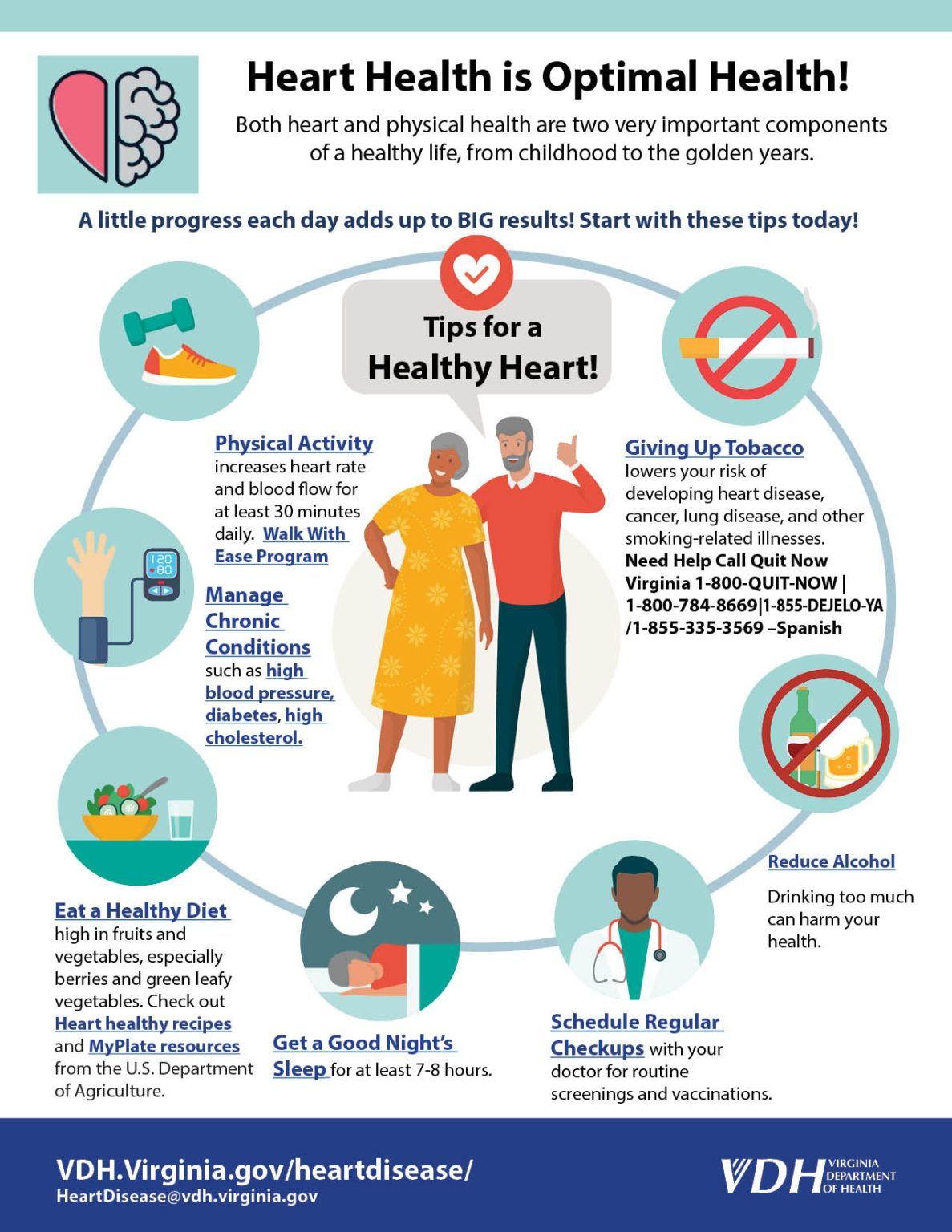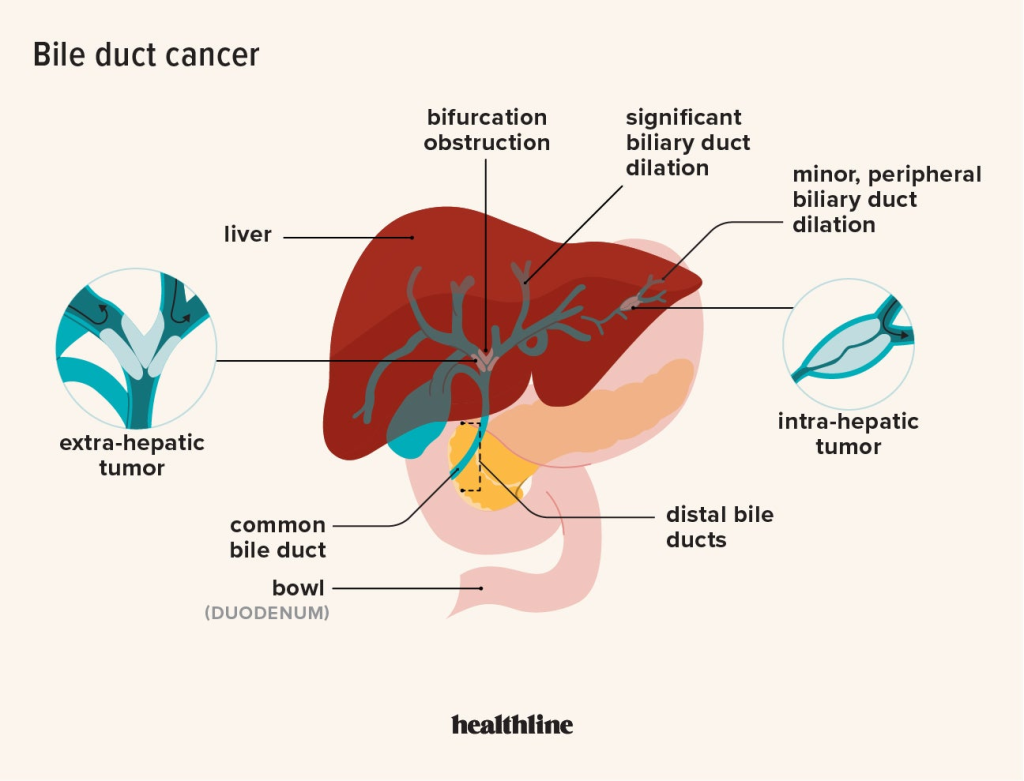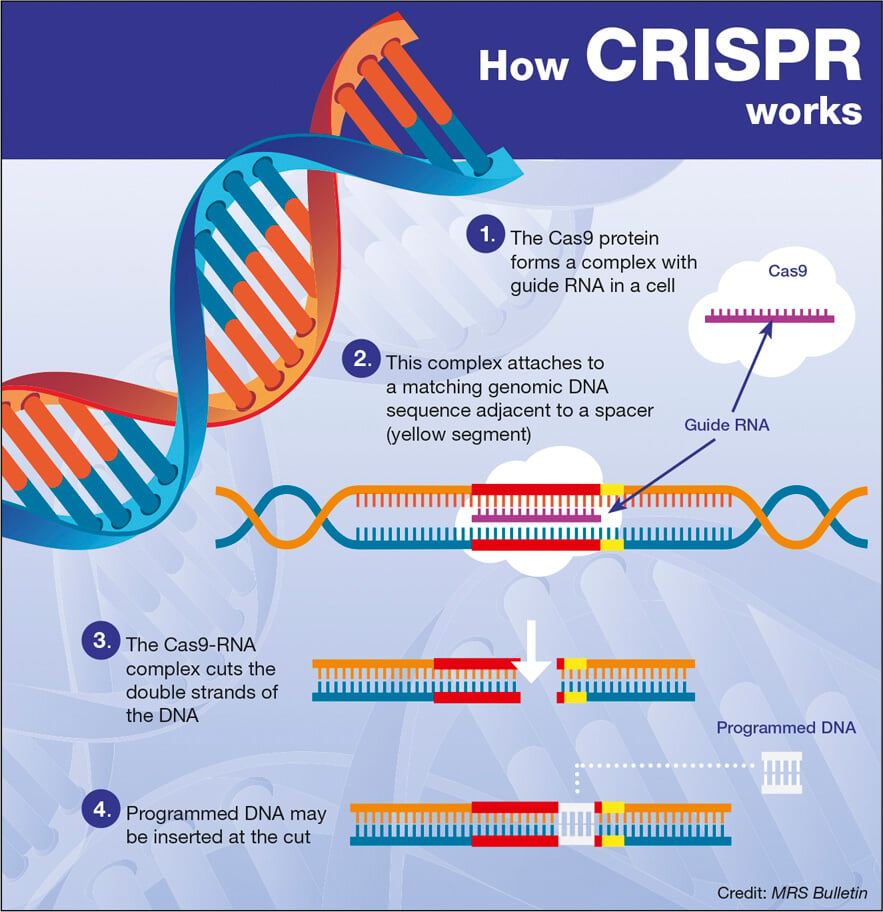Heart disease prevention is crucial in combating one of America’s most pressing health concerns: cardiovascular disease remains the leading cause of death in the nation. Experts emphasize that proactive measures are often overlooked by the public who may underestimate the seriousness of heart health. Conditions like high cholesterol levels can silently contribute to this deadly disease, making it critical for individuals to actively monitor their cardiovascular health. Statin treatments have emerged as a vital tool in lowering LDL cholesterol and reducing heart attack risks, yet many patients delay seeking intervention. By adopting preventive cardiology practices, individuals can significantly improve their heart health and overall well-being.
The proactive approach to safeguarding heart health involves various strategies to prevent coronary artery disease and other related conditions. By prioritizing measures such as dietary adjustments and regular health screenings, individuals can effectively manage their risk factors over time. Often referred to as preventive measures, these actions include keeping cholesterol levels in check and possibly utilizing medications like statins to maintain healthy blood flow. Furthermore, understanding the importance of cardiovascular wellness not only aids individuals in avoiding severe health repercussions but also enhances their quality of life as they age.
Understanding Heart Disease and Its Dangers
Heart disease remains the leading cause of death in the United States, claiming more lives than any type of cancer combined. This alarming statistic often fails to evoke the kind of urgent response one might expect. While a cancer diagnosis can prompt swift action and lifestyle changes, heart disease does not elicit the same level of concern among patients, causing a dangerous delay in necessary treatment and preventive measures. Common attitudes shift toward procrastination, as individuals often postpone significant lifestyle changes in favor of temporary comforts, believing that cardiovascular health can wait until a more favorable time.
Experts like Joseph Woo emphasize that understanding the profound impact of heart disease is essential. As cardiovascular damage accumulates over time, the importance of proactive management becomes increasingly clear. By recognizing that heart health should not be taken lightly, patients can challenge themselves to change their behaviors and prioritize cardiovascular health from an early age. This shift in mindset could mean the difference between living a long, healthy life or suffering severe health consequences due to neglect.
The Role of Cholesterol in Cardiovascular Health
Managing cholesterol levels is a cornerstone of heart disease prevention. The distinction between ‘good’ HDL cholesterol and ‘bad’ LDL cholesterol is often misunderstood, leading many patients to be unaware of their own health metrics. Jorge Plutzky, a prominent figure in preventative cardiology, stresses the importance of knowing one’s cholesterol numbers to mitigate long-term risks associated with cardiovascular disease. Regular screenings and awareness of one’s LDL levels can empower individuals to make informed decisions and adopt necessary lifestyle changes to protect against heart disease.
Moreover, the availability of cholesterol-lowering medications, such as statins, has transformed the approach to managing cardiovascular health. Despite some skepticism about early statin treatment, studies continuously show that starting on statins can significantly reduce the risk of heart disease, even in patients with borderline cholesterol levels. The emphasis is not just on treatment during a health crisis but rather on the preventative steps that can be taken throughout an individual’s life to maintain optimal heart health.
Preventive Cardiology: Key Strategies
Preventive cardiology focuses on early intervention and consistent management of cardiovascular health. This includes regular check-ups, where healthcare providers assess risk factors such as hypertension, diabetes, and cholesterol levels. By emphasizing preventive strategies, medical professionals are actively engaging patients in discussions about their cardiovascular health. Techniques like employing patient navigators can dramatically improve follow-up care, ensuring patients stick to prescribed medication regimens that lower their LDL cholesterol and improve overall cardiovascular wellness.
Additionally, lifestyle modifications play a significant role in preventive cardiology. This may include promoting a heart-healthy diet rich in fruits, vegetables, lean proteins, and whole grains, as well as encouraging regular physical activity. Creating awareness about the correlation between lifestyle choices and cardiovascular disease helps patients understand the long-term benefits of maintaining a balanced lifestyle. As the conversation around heart health evolves, it is imperative to implement these preventative measures to combat the high prevalence of heart disease.
Statins: A Controversial Yet Vital Treatment
Statins, often labeled a controversial intervention, are essential in the management of cardiovascular health, particularly for patients with elevated cholesterol levels. Amid skepticism among some patients, medical consensus supports the use of statins as a proactive measure to prevent heart disease. Experts like Plutzky advocate for early intervention, highlighting that even mildly elevated LDL cholesterol warrants consideration for statin therapy. Recognizing this can empower patients who might otherwise underestimate their risk factors.
Moreover, the benefits of statins extend beyond cholesterol control. Studies indicate that these medications can reduce inflammation and stabilize plaque in the arteries, lowering the risk of heart attacks and strokes. By fostering open dialogue and advising patients on the significance of cholesterol management through statin therapy, healthcare providers can effectively change perceptions around this treatment, encouraging more individuals to take charge of their heart health.
Advancements in Cardiovascular Medicine
Recent advancements in cardiovascular medicine are paving the way for more effective treatments and improved patient outcomes. Innovations such as minimally invasive surgical techniques and enhanced recovery methods for heart transplants highlight the growing capabilities in the field. These developments not only improve survival rates but also enhance the overall experience of patients undergoing heart-related procedures. For instance, advancements in perioperative care allow patients to experience quicker recoveries, leading to shorter hospital stays and a faster return to daily activities.
In tandem with these technical advancements, the integration of artificial intelligence in cardiovascular care is opening new horizons. AI systems can analyze vast amounts of data, enabling more personalized treatment plans and enhancing diagnostic accuracy. By merging technology with traditional treatments, healthcare professionals can better tailor interventions to each patient’s unique needs, ultimately leading to improved cardiovascular health outcomes and patient satisfaction. These innovations represent a promising future for preventative cardiology and heart disease management.
The Impact of Lifestyle on Heart Health
Lifestyle choices play a pivotal role in shaping cardiovascular health, influencing everything from cholesterol levels to overall heart disease risk. Factors such as diet, exercise, smoking, and stress management directly correlate with how well the heart functions over time. By adopting a heart-healthy lifestyle—one that includes regular physical activity, a balanced diet low in saturated fats, and stress-reducing practices—individuals can significantly lower their risk of developing heart disease.
Education is crucial in promoting these lifestyle changes. Programs that teach people about the importance of maintaining healthy cholesterol levels and managing blood pressure can lead to substantial improvements in community cardiovascular health. By emphasizing prevention through education and providing resources for individuals to understand their health metrics better, healthcare practitioners can encourage proactive strategies that lead to lasting changes, ultimately reducing the prevalence of heart disease.
Patient Education: Bridge the Knowledge Gap
Closing the knowledge gap regarding cardiovascular health is essential for effective prevention and management of heart disease. Many patients remain unaware of the severity of their risk factors, leading to delayed treatment and inadequate lifestyle changes. Public health initiatives aimed at educating individuals about the importance of monitoring LDL cholesterol levels and understanding blood pressure readings can empower them to take charge of their health. Enhanced transparency around health metrics fosters a proactive approach to cardiovascular care.
Moreover, healthcare providers play a crucial role in this educational journey. Consistent communication and follow-up with patients can help bridge the gap between knowledge and action. Involving patients in discussions around treatment options, including medications like statins, can promote shared decision-making, leading to better adherence to treatment plans. Ultimately, equipping patients with the necessary information and support is vital for improving heart health outcomes and reducing the burden of cardiovascular disease.
The Importance of Regular Health Screenings
Regular health screenings are a fundamental aspect of maintaining cardiovascular health. Routine assessments can identify risk factors such as high cholesterol, hypertension, and diabetes long before they lead to serious cardiovascular issues. Early detection allows healthcare providers to recommend preventive measures, including lifestyle modifications and appropriate treatments that can mitigate risks. Engaging patients in regular screening practices is crucial for promoting longevity and preventing heart disease.
However, a significant gap exists in the uptake of these screenings, with many patients neglecting routine check-ups that could save their lives. Efforts to raise awareness about the importance of regular cardiovascular screenings are essential. Campaigns that emphasize that preventative care is as critical as treatment can encourage patients to prioritize their heart health and engage more actively with their healthcare providers.
Innovative Treatments for Heart Disease
Innovative treatments for heart disease are continuously emerging, reflecting the dynamic nature of cardiovascular care. New methodologies in surgical practices, such as those that utilize beating heart transplants, reduce complications and enhance recovery time for patients significantly. Equally transformative are advancements in non-invasive techniques that allow for effective treatment without the need for extensive surgeries. These innovations not only alleviate the immediate symptoms of heart disease but also pave the way for lasting recovery and improved cardiovascular health.
Furthermore, research into pharmacological therapies is expanding, offering patients new avenues for managing cholesterol and other risk factors. Medications that focus on multi-faceted aspects of heart health are being developed, providing patients with comprehensive care options that address their unique health needs. As these innovative treatments continue to evolve, they reflect the commitment to advancing cardiovascular care and significantly improving patient outcomes.
Frequently Asked Questions
What are the key strategies for heart disease prevention?
Heart disease prevention strategies include maintaining healthy cholesterol levels, regular physical activity, a balanced diet low in saturated fats and high in fruits and vegetables, quitting smoking, managing stress, and monitoring blood pressure. Engaging in preventive cardiology practices can significantly reduce the risk of developing cardiovascular diseases.
How can I effectively lower my cholesterol levels to improve heart health?
To lower cholesterol levels for better heart health, focus on eating a diet rich in soluble fiber, omega-3 fatty acids, and healthy fats. Regular exercise, maintaining a healthy weight, and following your doctor’s recommendations for statin treatment, if prescribed, can also help manage cholesterol levels effectively.
When should I consider statin treatment for heart disease prevention?
Statin treatment for heart disease prevention should be considered if you have elevated LDL cholesterol levels or other risk factors such as a family history of heart disease. Consulting with a healthcare provider can help you determine the right timing for starting statins based on your cardiovascular health profile.
What lifestyle changes are essential for preventive cardiology?
Essential lifestyle changes for preventive cardiology include adopting a heart-healthy diet, participating in regular physical activity, maintaining a healthy weight, avoiding tobacco use, and managing conditions such as diabetes and hypertension. Regular health screenings are also crucial for monitoring cardiovascular health.
What role does blood pressure monitoring play in heart disease prevention?
Monitoring blood pressure is vital in heart disease prevention because high blood pressure can lead to serious cardiovascular conditions. By keeping your blood pressure within healthy ranges through lifestyle changes or medication, you significantly reduce your risk for heart-related diseases.
Can wearable fitness devices assist in heart disease prevention?
Yes, wearable fitness devices can assist in heart disease prevention by helping individuals track their physical activity levels, heart rate, and other health metrics. This data empowers users to make informed decisions about their lifestyle choices and maintain better cardiovascular health.
How important is it to know my heart disease risk factors?
Knowing your heart disease risk factors is crucial for prevention. Understanding factors such as cholesterol levels, blood pressure, age, smoking status, and family history enables you to take proactive steps in managing your heart health and reducing your risk of cardiovascular disease.
Are there any new treatments for heart disease prevention?
Yes, recent advancements in heart disease prevention include new medications, such as GLP-1 receptor agonists, which assist in weight management and have shown positive effects on cardiovascular health. Additionally, enhanced non-invasive procedures and technologies have improved treatment outcomes and prevention strategies.
How can regular exercise contribute to heart disease prevention?
Regular exercise contributes to heart disease prevention by improving cardiovascular fitness, lowering bad cholesterol levels, raising good cholesterol levels, reducing blood pressure, and aiding in weight management. Aim for at least 150 minutes of moderate-intensity exercise each week to optimize heart health.
What should I discuss with my doctor regarding heart disease prevention?
When discussing heart disease prevention with your doctor, focus on your personal and family health history, lifestyle habits, current medications, and any concerns about cholesterol levels or blood pressure. This comprehensive dialogue will help tailor a prevention plan suitable for your specific needs.
| Key Point | Details |
|---|---|
| Heart Disease is the Leading Cause of Death | Cardiovascular disease surpasses all cancers combined in mortality rates. |
| Patient’s Attitude Towards Prevention | Many patients adopt a casual approach, delaying lifestyle changes and health screenings. |
| The Importance of Early Monitoring | Patients are encouraged to ‘know their numbers’ (cholesterol, blood pressure, weight) early on. |
| Surgical Advances | Recent heart transplant techniques improve recovery and outcomes compared to traditional methods. |
| Wearable Technology | Advancements in wearable devices help patients track their health metrics effectively. |
| Patient Navigators in Care | Implementing navigators can enhance chronic disease management and follow-up. |
Summary
Heart disease prevention is critical in reducing the number of fatalities associated with cardiovascular diseases, which are the leading cause of death in the U.S. Experts emphasize the need for patients to take a proactive approach towards their heart health by monitoring risk factors and not delaying lifestyle changes. By understanding the benefits of early intervention, leveraging advancements in medical technology, and utilizing support systems like patient navigators, individuals can effectively reduce their risk of heart disease and improve overall wellness.



